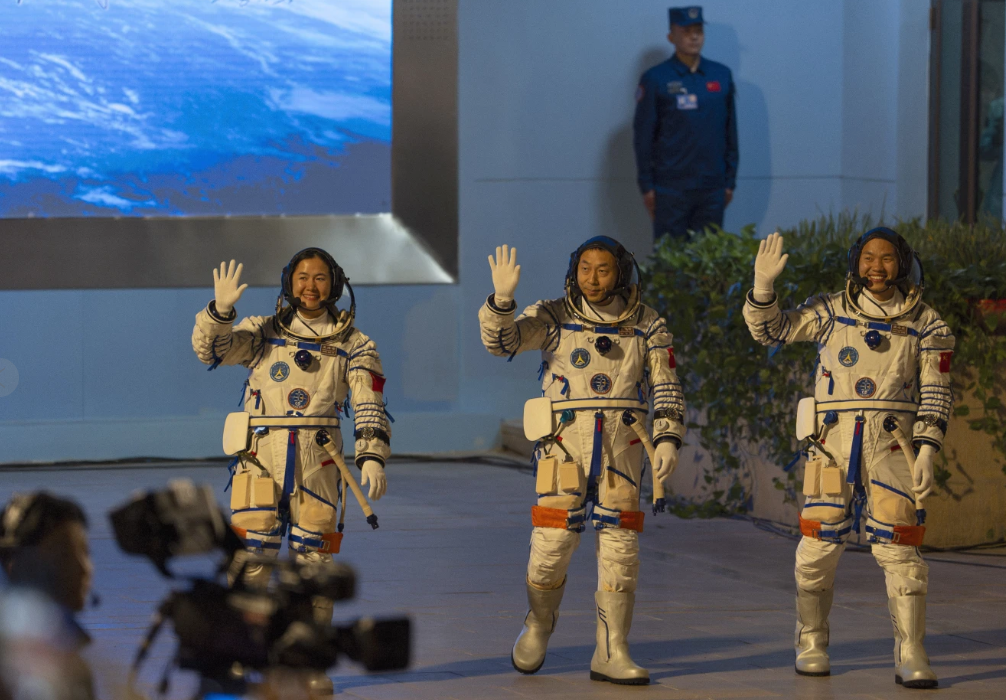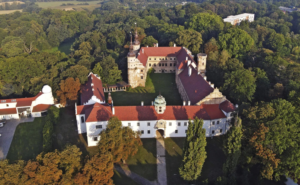After a six-month mission aboard China’s Tiangong space station, three astronauts successfully landed back on Earth on Wednesday. Their capsule, carried by a red-and-white parachute, touched down smoothly in Dongfeng, situated in the northern part of Inner Mongolia near the Gobi Desert. Their return had been postponed by a day due to strong winds and poor visibility, conditions that are typical in the region during sandstorm season.
The astronauts—Cai Xuzhe, Song Lingdong, and Wang Haoze—originally launched to the station in October. Just before returning, they handed over control of the space station to a new crew. The arriving astronauts traveled aboard the Shenzhou 20 spacecraft, which also delivered instruments for experiments in life sciences, microgravity physics, and advanced technologies.
Tiangong, which translates to “Heavenly Palace,” highlights China’s growing role in global space exploration. Constructed entirely with domestic resources after being excluded from the International Space Station due to geopolitical concerns, the space station reflects China’s independent progress in space science.
Throughout their mission, the crew carried out scientific research and improvements to the station. A standout moment came when Cai and Song completed a record-breaking nine-hour spacewalk, the longest ever reported, according to China’s space authorities.
China’s space program has seen rapid development in recent years, achieving milestones such as landing a rover on Mars and exploring the moon’s far side. The country has set its sights on sending astronauts to the moon by the end of this decade.













